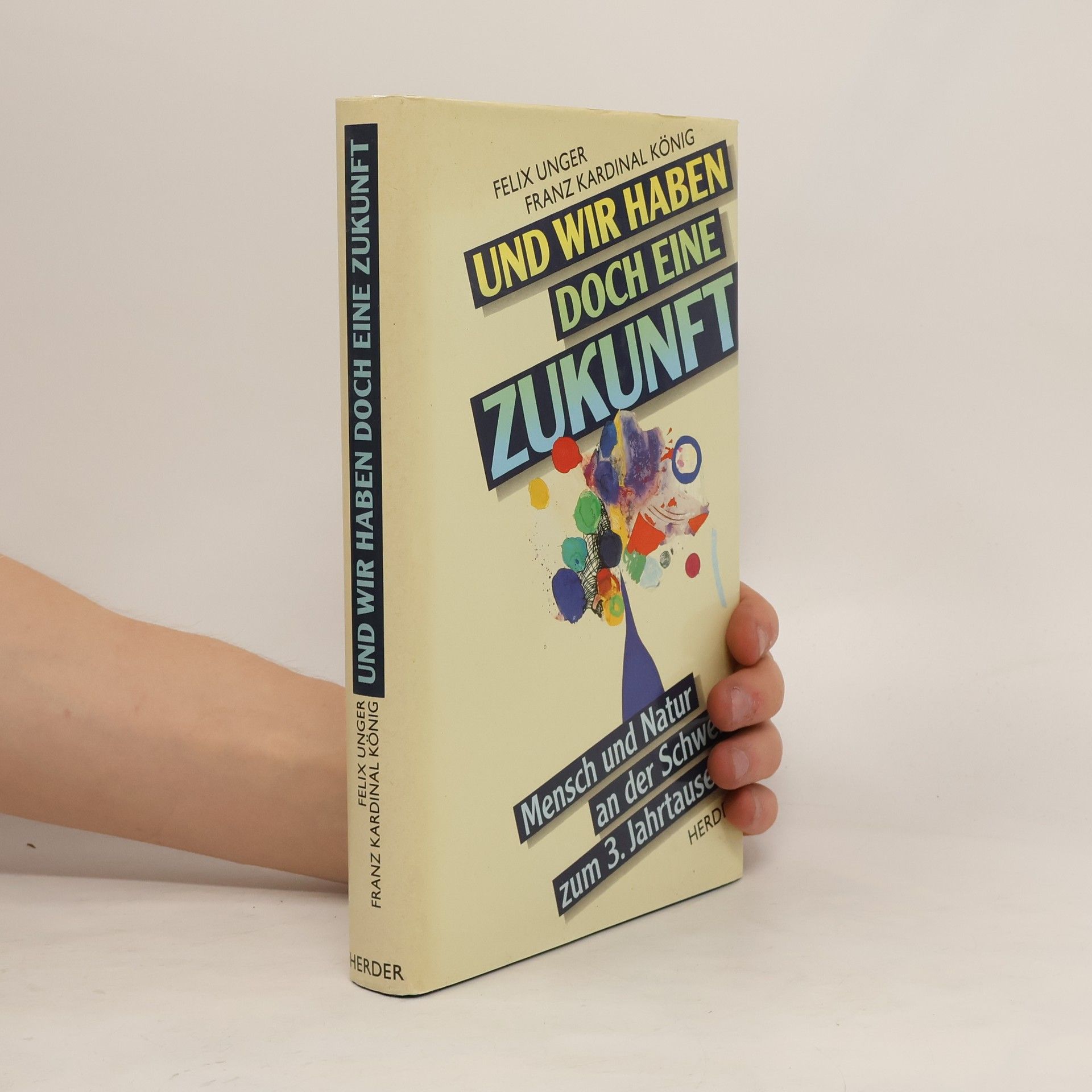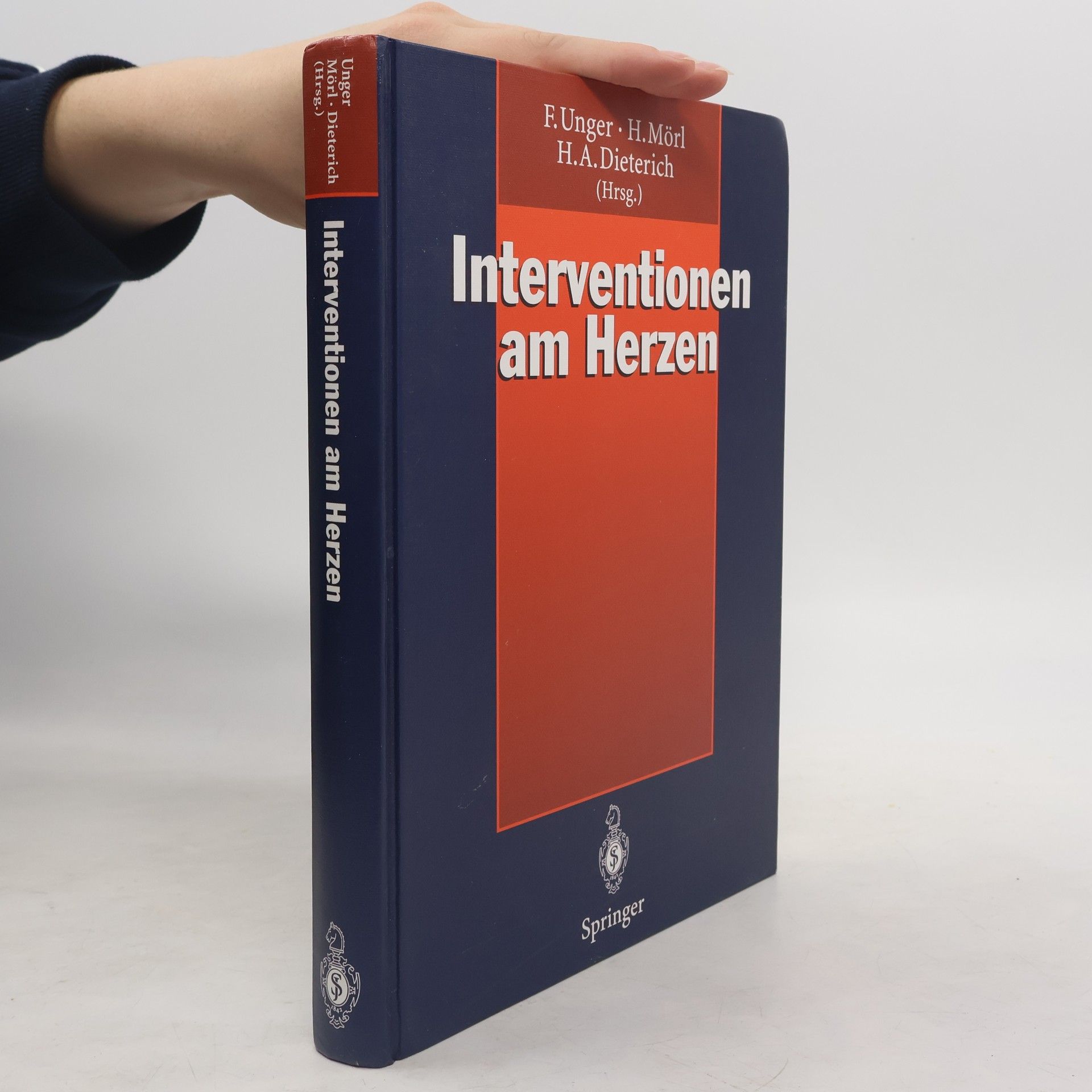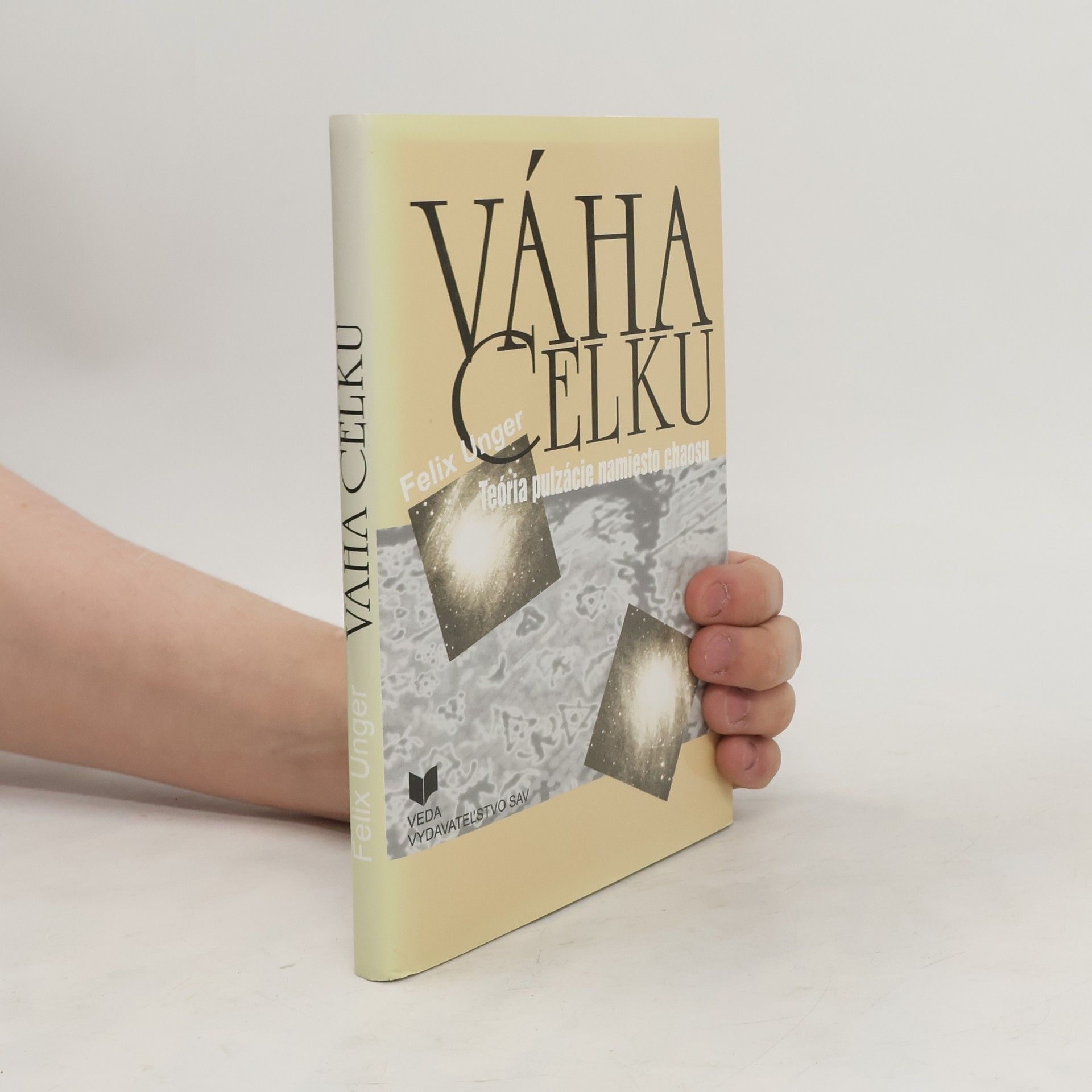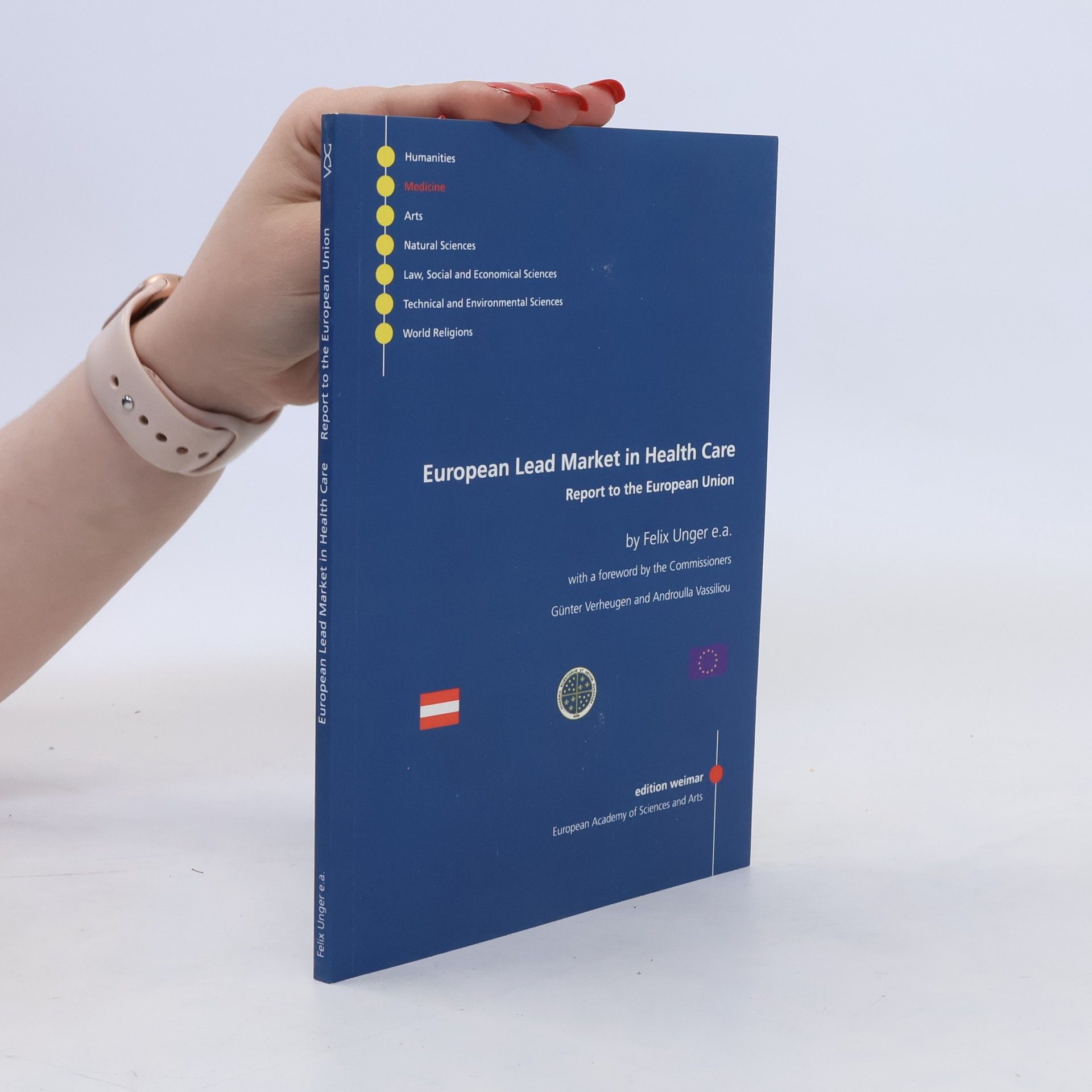"This report on the European Lead Market is based on a previous report entitled 'Health is Wealth - Strategic Visions for European Health Care at the Beginning of the 21st Century', which was prepared by the European Academy of Sciences and Arts and delivered to the European Parliament in 2003. The specific focus of the report dealt with all forms of health care, with the patient being the primary center of interest. Three clusters, which may be described as medical arts, medical organization and medical financing, are identified to serve the patient. These three clusters are integral to the entire process of shaping a patient-oriented health care system. To provide all European patients with the most modern and effective medicine possible, several strategies must be adopted to tackle the national health systems. On a European level the national regulatory obstacles must be overcome. National health care today is dangerously provincial and therefore outdated."--Back cover
Felix Unger Boeken






Toleranz leben
Buddhistische und christliche Antworten im Spiegel unserer Zeit
- 176bladzijden
- 7 uur lezen
In diesem Buch befassen sich Felix Unger, einer der führenden Herzspezialisten der Welt, und Daisaku Ikeda, Präsident des buddhistischen Netzwerks Soka Gakkai International, mit Fragen, die von entscheidender Bedeutung für die Gegenwart sind. Sie fragen, inwieweit Wissenschaft und Religion sowie andere Bereiche des Lernens eine gemeinsame Basis finden können. Sie untersuchen die Fallstricke, aber auch die Chancen, die die Gentechnik bietet. Sie befassen sich mit der Notwendigkeit, dass die Wissenschaft eine angemessene ethische Dimension entwickelt, insbesondere in Bezug auf Kriegswaffen, wenn sie ihr wahres Potenzial entfalten soll. Ihre unterschiedlichen Hintergründe einbringend, treten Felix Unger und Daisaku Ikeda miteinander in einen bereichernden Dialog, der als Mittel zur Förderung von Toleranz und Frieden dienen kann.
Die Wucht des Ganzen
- 110bladzijden
- 4 uur lezen
Interventionen am Herzen
- 551bladzijden
- 20 uur lezen
Eingeführte und neueste therapeutische Strategien bei der Behandlung von Herzerkrankungen stehen im Mittelpunkt dieses Buches. Renommierte deutschsprachige Kardiologen und Herzchirurgen stellen sowohl operative als auch medikamentöse Konzepte vor. Der Ansatz des Buches ist breit angelegt, dabei jedoch strikt praxisorientiert. Schwerpunktthemen: - Herzinsuffizienz - koronare Herzerkrankung - Endokard- und Perikarderkrankungen - Kardiomyopathien - Herzrhythmusstörungen - Aortenerkrankungen. Umfassend, übersichtlich, aktuell - dieses Werk liefert Ihnen zuverlässig alle relevanten Informationen für sichere Therapieentscheidungen.
Und wir haben doch eine Zukunft
- 319bladzijden
- 12 uur lezen
Health Is Wealth
Strategic Visions for European Healthcare at the Beginning of the 21st Century, Report of the European Parliament
- 98bladzijden
- 4 uur lezen
The uniqueness of human dignity must remain at the centre of all efforts to achieve this goal. They have to be maximised to serve members of society throughout their lives, both for cure and prevention. However, preventive medicine can only be practised in partnership with individuals acting responsibly. A healthcare system on a European scale is an enormous endeavour. Currently, there are severe differences evident in the national provisions. The dichotomy has to be addressed where individual national structures are oriented toward European standards, while the care to the individual is delivered locally. The Strategic Vision aims to address the need for an overall strategy that can be adapted and implemented on the local bases. It puts a specific emphasis upon cost containment. New mechanisms have to be implemented to control the cost of healthcare. Clear rules for delivery are needed to prevent the advent of multi-class healthcare. This requires the development of a new underlying philosophic paradigm.
Mode für Millionen. Steilmann - ein Netzwerk von Menschen und Ideen
- 216bladzijden
- 8 uur lezen
An-Denken - Festgabe für Eugen Biser
- 605bladzijden
- 22 uur lezen


